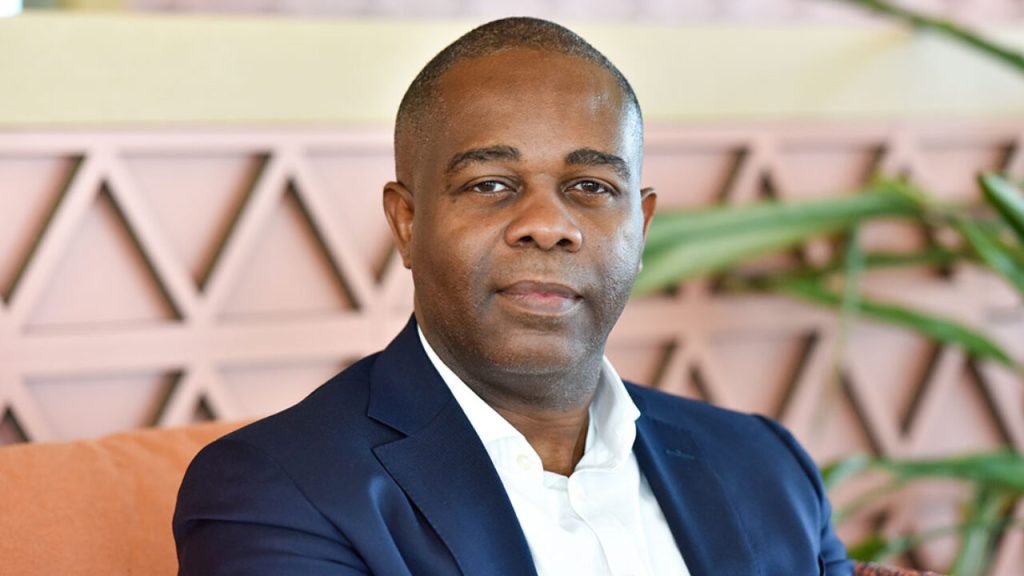In Nigeria, 2 million people joined the National Health Insurance Program in the nine months of 2024, bringing the total number of people enrolled in the National Health Insurance Program to 19.18 million.
Dr. Kelechi Ohiri, Commissioner and CEO of the National Health Insurance Agency, disclosed this in an interview with Nairametrics.
According to him, this will cover about 8.9% of the population as of the end of the third quarter of 2024, compared to about 16 million people registered in the fourth quarter of 2023.
“This data reflects the increase in enrollment from the first quarter to the end of the third quarter. We achieved significant growth, with approximately 2 million Nigerians enrolled in our health insurance program. “I did,” he explained.
Oiri said the total number of registered users nationwide is currently approximately 19.18 million. “This represents incredible growth over the past nine months. This is an important step forward as we aim to expand coverage and improve access to essential health services across the country.”
“This rapid increase comes as the National Health Insurance Agency (NHIA) strengthens its commitment to universal health coverage (UHC), as more citizens seek protection and affordable health coverage. “It highlights a turning point in the country’s healthcare system,” he added.
Comparison with previous year and ongoing challenges This growth is encouraging compared to previous years, when the rate of enrollment expansion was lower. However, challenges remain as Nigeria strives to meet its health insurance goals.
Immediate issues such as lack of funding and limited access to health facilities impede broader insurance coverage.
The NHIA CEO further stated that currently 84 HMOs are accredited in Nigeria, but this number fluctuates based on NHIA's periodic review process.
He stated, “HMOs that do not meet the standards may be excluded from listing, but new HMOs may enter the market through new applications,” adding, “For example, in January, 10 new HMOs were certified.” “This has ensured a more robust service delivery overall.”
Price revisions to improve the quality of medical care
In addition to expanding enrollment, NHIA conducted a recent review of service fees to ensure quality care at various levels of care. This includes a 40% increase in professional fees for secondary and tertiary care services, which applies when patients are referred to a higher level of care.
“This fee increase reflects the need to address rising healthcare costs to ensure hospitals have quality healthcare services that are essential to improving patient outcomes,” he explained. .
At the primary care level, where down payments directly support hospitals, rates have increased by 60%. This increase is expected to improve services at the primary level, which is often the first point of contact for many Nigerians seeking healthcare.
Assessing the true cost of health care
While the rate adjustment represents a substantive improvement, NHIA is also conducting two actuarial valuation studies to better understand the true cost of health services in Nigeria.
“These studies will provide insights that will help us make data-driven decisions to align the health care system with the needs and challenges of the health care landscape,” he said.
Focus on compliance and sustainable registration goals
We also interviewed Dr. Lekan Ewenla, Managing Director and Chief Executive Officer of Ultimate Health HMO, one of the HMO providers, who said that the current administration is deeply concerned about the well-being of Nigerians, especially their participation in health insurance programs. He said that
Dr. Ewenra did not reveal the exact increase in the number of health insurance subscribers, but asserted that recent improvements have led to the significant increase. “Nigeria’s health insurance is no longer at the low coverage levels of 5% that we once saw,” he said. He said participation rates have been steadily increasing as regulators have addressed issues that had previously hindered growth. “These improvements include recent adjustments to statutory payments for health insurance risk managers.”
Another priority, he said, is to improve compliance with compulsory enrollment in health insurance schemes. “We are recommending to the regulator the need for stricter compliance measures that would make registration compulsory for all Nigerians,” Dr. Ewenla added. “Unfortunately, the lack of respect for the law in Nigeria is part of the reason why this program is slower than expected.”
Follow us to get the latest news and market information.

